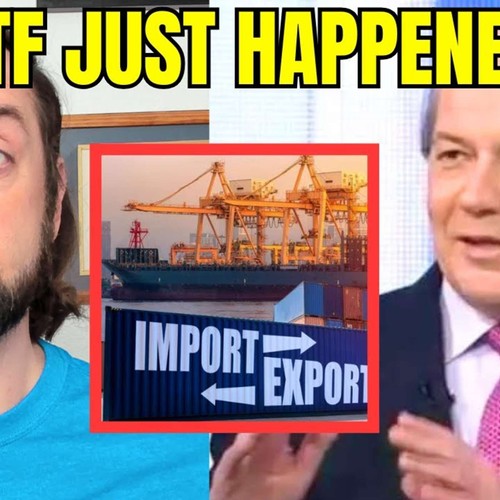
 Eurodollar University
Eurodollar University Imports/Exports Data Reveal the Truth About the Global Economy
Dec 6, 2024
Jim Rickards, a financial markets expert and geopolitical analyst, dives deep into the recent decline in U.S. trade and its implications for the global economy. He discusses the concerning trend of deglobalization and its connection to stagnant GDP growth. The conversation critiques the effectiveness of monetary policies and examines Germany's export-dependent economy alongside its energy challenges. Rickards also touches on Japan's ongoing economic struggles, painting a vivid picture of how global dynamics are evolving in uncertain times.
Chapters
Transcript
Episode notes
1 2 3 4 5 6 7
Intro
00:00 • 4min
Stagnation and Deglobalization: Economic Consequences
03:43 • 15min
Exploring the Three Arrows Economic Strategy
18:56 • 6min
Navigating Waste and Economic Recovery in Government
24:40 • 3min
Shifting Paradigms in Global Trade and National Economic Interests
27:20 • 2min
Germany's Export-Dependent Economy and Energy Policy Challenges
29:01 • 3min
Economic Turbulence in Japan and Beyond
32:22 • 24min

